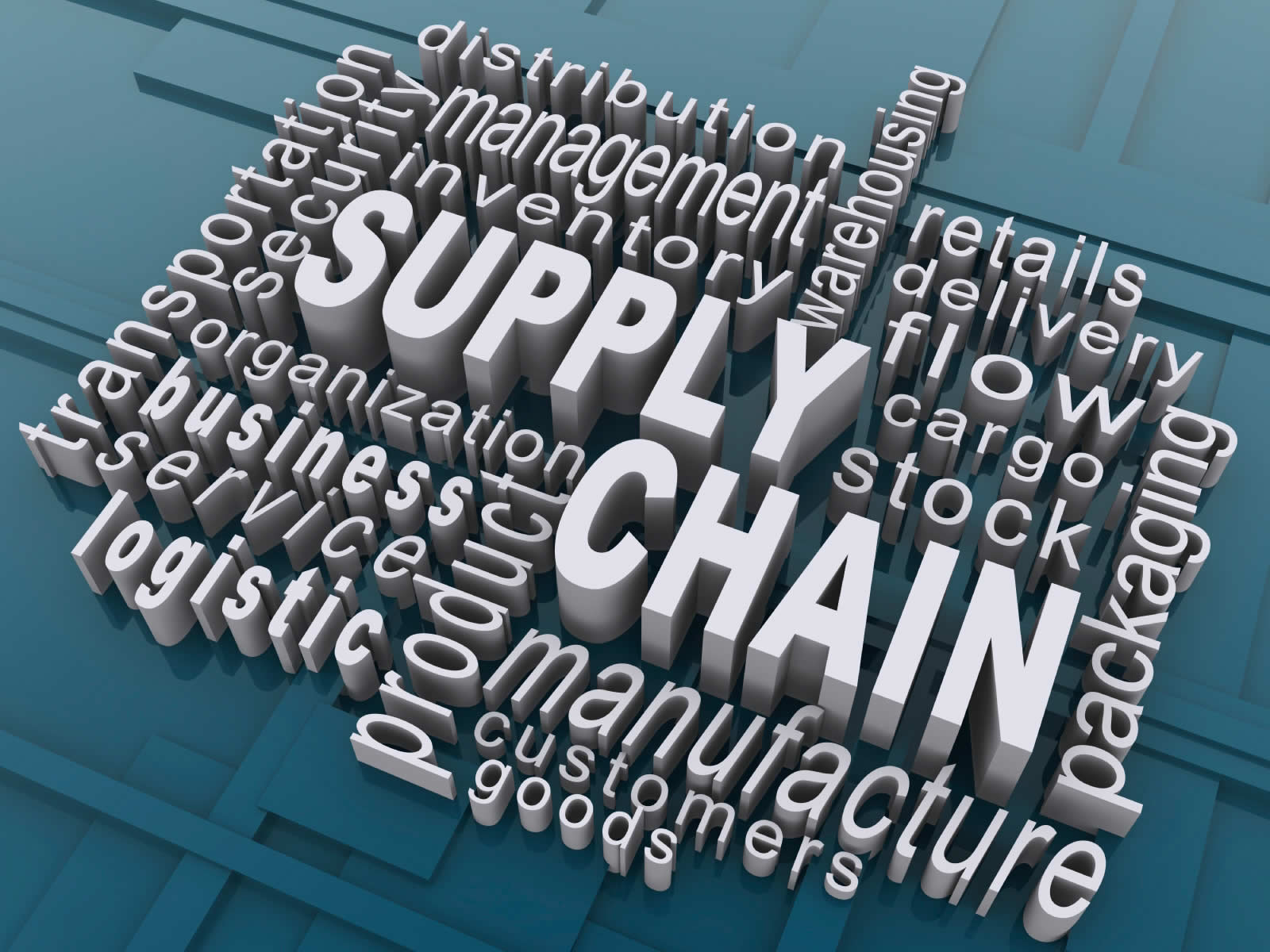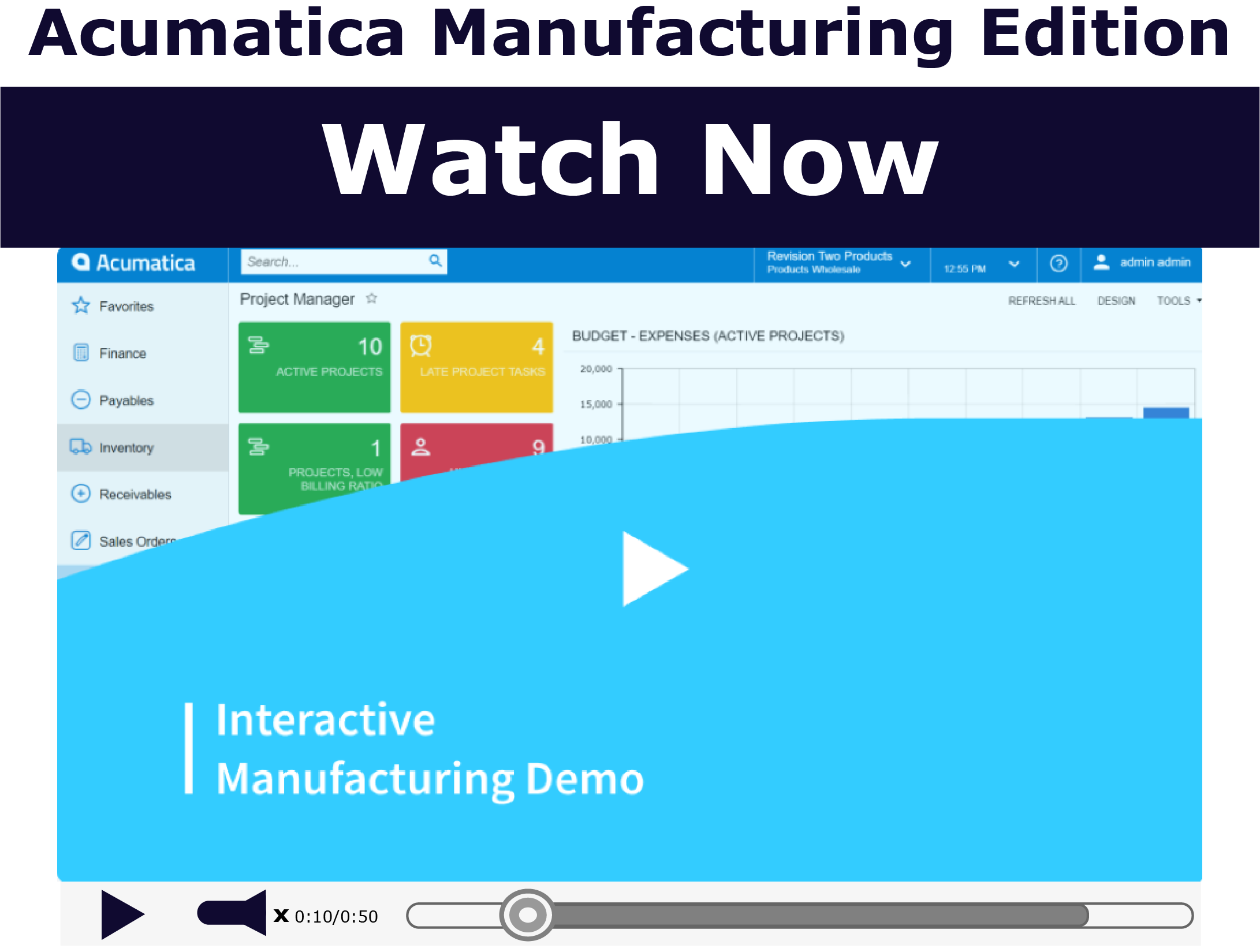Acumatica ERP Manufacturing Tools: Materials Requirements Planning (MRP)
The manufacturing market is moving fast and manufacturers need the tools to go with it. The main tool manufacturers have utilized over the years has...
A material requirements planning system is used by manufacturing firms to provision material, machinery, and labor for the completion of manufacturing jobs. MRP relies on bill of material data, inventory, purchasing, and the master production schedule to calculate requirements for materials. MRP systems also make recommendations for purchasing additional materials.
You can lower your costs by ordering inventory on an as-needed basis instead of keeping surplus items stocked in your warehouse. This will directly improve your inventory turnover time, and reduce the risk of an inventory shortage.
A shortage that stops your assembly process can lead to employees being sent home or working on other tasks unrelated to the original plan. Using MRP you are able to solve this problem by automating planning production to ensure accuracy and effective use of your employees’ time.
Also, by automating the planning of your material requirements, you can consistently reach your customer due dates. Predicting your shortages and fixing them before it delays production on your customers’ orders will definitely increase your overall customer satisfaction.
Not to mention, there are also price break benefits associated with MRP when ordering based on an economic quantity. The more you order, the bigger the price break you’ll receive per item. With MRP you can determine the correct amount of items to order so that you can qualify for volume item discounts.
The manufacturing market is moving fast and manufacturers need the tools to go with it. The main tool manufacturers have utilized over the years has...

As we discussed in last week’s post, modern manufacturing software solves many challenges and provides invaluable benefits to manufacturers seeking...

Automating your materials planning processes provides the basis for increasing on-time orders Satisfying customer requirements starts with...